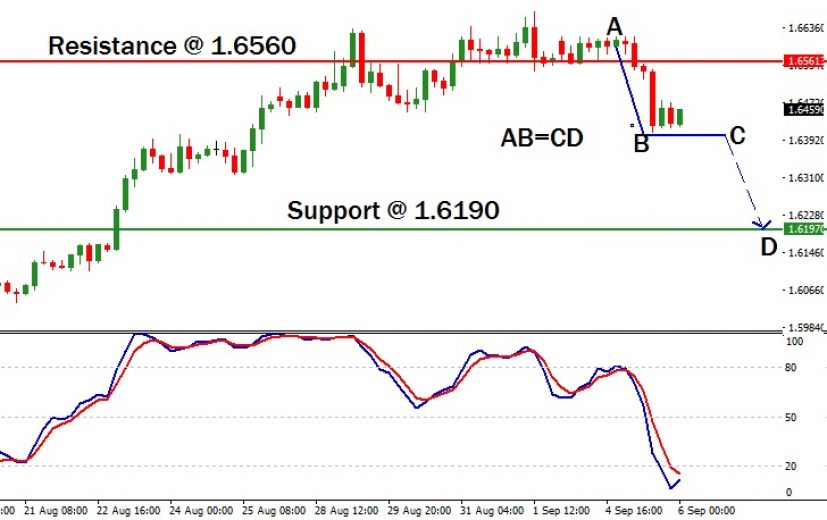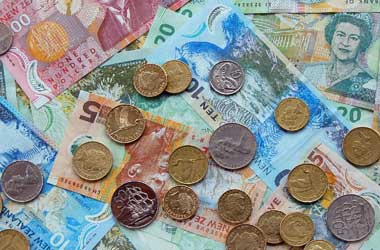 North Korea’s aggressive rhetoric and expectations of an announcement regarding the ECB tapering has strengthened the Euro dollar against the Greenback, Pound and the New Zealand dollar.
North Korea’s aggressive rhetoric and expectations of an announcement regarding the ECB tapering has strengthened the Euro dollar against the Greenback, Pound and the New Zealand dollar.
However, many analysts had warned that the Euro has strengthened to an uncomfortably high level against its rivals. Even speculators were expecting the ECB to talk down the currency. An unexpected slowdown in the retail sector and a poor showing by the service sector, as evident from the data released on Tuesday, may now drag the Euro down against the New Zealand dollar.
We hereby list the reasons for expecting the EUR/NZD pair to decline from the current level of 1.6480.
Core Finance
A Bloomberg report indicates that the ECB officials may not make any announcements regarding tapering of bond purchases any time soon. The report also says that future plans on asset purchases will be revealed only a couple of weeks before the expiry of the current program, after making a detailed assessment of the overall Euro zone economic scenario. If that was not enough, IHS Markit released a series of poor economic data pertaining to the members of the Euro zone. Following the report, the market sentiment has turned bearish towards the Euro.
The Spanish and Italian services PMI reading declined to 56 and 55.1 in August, from 57.6 and 56.3 in the previous month, respectively. Analysts had expected a reading of 56.9 and 55.5 for the Spanish and Italian service sector. Likewise, the French final services PMI reading declined to 54.9 in August, versus 55.5 in the earlier month. In July, the French service sector had recorded a PMI reading of 55.5. Overall, the Euro zone PMI reading declined a few notches lower to 54.7 in August, from 54.9 in July, and slightly lower than the market’s expectation of 54.9.
In New Zealand, the price of dairy products increased to $3,323 per ton in the auction conducted on Tuesday. Correspondingly, the GDT index rose 0.3%. The price of dairy products has declined in four of the past five auctions. Thus, it was a welcome relief for the dairy farmers of New Zealand. The country exports nearly 95% of its dairy produce, mostly to China. Thus, economic data support a deeper decline of the EUR/NZD pair in the week ahead.
The EUR/NZD pair has begun a downtrend after facing resistance at 1.6590. The stochastic indicator is currently in the bearish zone. Furthermore, the currency cross is also in the process of forming an AB=CD pattern. Thus, we anticipate the pair to decline and reach the next support at 1.6200.
We may open a short position with one of our European forex brokers, to benefit from the analysis. The preferred entry and exit levels would be 1.6420 and 1.6180. A stop loss order will also be placed above 1.6550 to limit losses that may arise from speculation. Alternatively, we may buy a put option to gain from the probable downtrend. A strike price close to 1.6420 and an option expiration date around September 14th is ideal for the trade.





